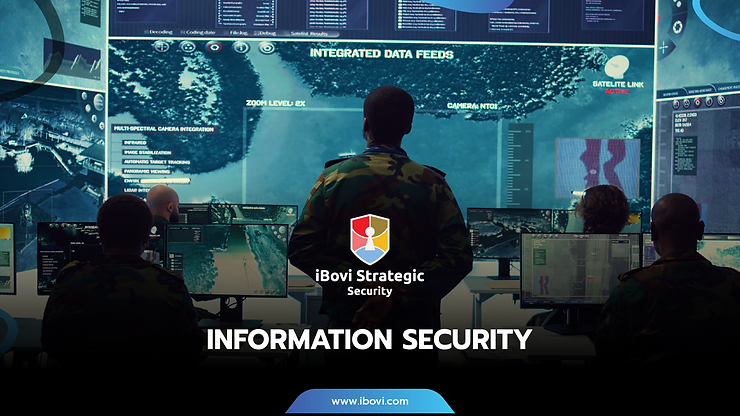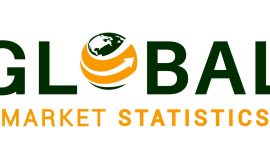AI in the Recruitment Process
Introduction
The recruitment landscape is undergoing a significant transformation thanks to the integration of Artificial Intelligence (AI). This shift enables companies to streamline their hiring processes, enhancing speed, accuracy, and adaptability. From screening resumes to engaging with candidates, AI is reshaping how businesses attract and retain talent. However, this evolution also presents its own set of challenges. In this post, we will explore the advantages and disadvantages of AI in recruitment, along with its future prospects and statistical insights.
What is AI in Recruitment?
AI in recruitment refers to the implementation of AI technologies to simplify and automate various stages of the hiring process. These systems can identify potential candidates, screen resumes, and even facilitate initial interviews. By leveraging AI, organizations can expedite hiring timelines, enhance candidate experiences, and minimize biases that often seep into traditional recruiting practices.
Advantages of AI in Recruitment
- Speed and Efficiency: One of the most notable benefits of AI in recruitment is its ability to perform tasks swiftly. Activities that once took weeks can now be completed in a fraction of the time. AI can instantly screen resumes and engage with applicants, allowing human recruiters to focus on strategic tasks, such as interviewing top-tier candidates and enhancing employer branding.
- Improved Candidate Experience: AI tools can create a more personalized and efficient applicant experience. For instance, chatbots can provide real-time responses to candidate inquiries, reducing wait times. Enhanced communication throughout the recruitment journey ensures candidates remain informed and engaged.
- Reduced Bias: AI systems can evaluate candidates based on objective criteria, such as skills and qualifications, rather than subjective human perceptions. This approach helps to minimize unconscious biases, fostering a more equitable and diverse recruitment process.
- Cost Savings: By automating repetitive tasks, AI can lead to significant cost reductions in recruitment. Organizations can save money on hiring processes and better allocate resources by decreasing the need for extensive human interaction.
- Enhanced Quality of Hire: AI leverages data-driven insights to match candidates with roles where they are likely to excel. This results in improved hiring quality, as candidates are assessed based on a comprehensive evaluation of their competencies.
Challenges of AI in Recruitment
- Data Privacy Concerns: As AI systems gather extensive personal data from candidates, concerns surrounding data privacy become paramount. Organizations must ensure that this information is handled securely and ethically.
- Lack of Human Interaction: While AI enhances efficiency, it can also detract from the personal touch that many candidates desire. A purely technological approach may leave applicants feeling disconnected from the company culture.
- Potential for Bias: Although AI aims to reduce bias, it can inadvertently perpetuate existing biases present in the training data. If historical hiring practices reflect discriminatory patterns, AI systems may replicate these biases, undermining the goal of fair recruitment.
- High Initial Investment: Implementing AI technologies requires substantial investments in software and training. For smaller companies, the initial financial burden can be a significant barrier, delaying the realization of potential benefits.
Future of AI in Recruitment
The future of AI in recruitment looks promising, driven by advancements in machine learning and natural language processing. As these technologies evolve, AI will be capable of taking on more complex recruitment tasks.
- AI-Powered Interviews: Future AI systems may conduct interviews, analyzing candidates through facial expressions, voice tone, and body language to assess their fit for a position more accurately.
- Hyper-Personalization: The recruiting process will increasingly focus on personalized experiences for candidates and recruiters alike. AI will enable tailored approaches based on individual candidate preferences and career aspirations.
- Enhanced Predictive Analytics: Predictive analytics will evolve, allowing companies to forecast not only a candidate’s likelihood of success but also their potential long-term impact on the organization.
- Ethical AI Practices: As AI use in recruitment grows, so will the emphasis on ethical standards. Regulatory frameworks will likely emerge to ensure that AI systems operate transparently and fairly, safeguarding candidate rights and privacy.
AI in Recruitment Statistics
Research highlights the rising reliance on AI in the recruitment process. Notable statistics include:
- 67% of HR professionals believe AI simplifies their workload by automating complex tasks.
- The use of AI in recruitment has led to a 25% reduction in hiring time on average.
- Companies leveraging AI for recruitment report a 30% improvement in the quality of hires.
These statistics illustrate the tangible benefits AI technologies bring to recruitment, reinforcing that this trend is likely to persist.
Disadvantages of AI in Recruitment
Despite the advantages, the downsides of AI in recruitment are significant:
- Limited Human Judgment: AI cannot fully replace the nuanced judgment and emotional intelligence of human recruiters, particularly for roles requiring interpersonal skills.
- Overreliance on Algorithms: Organizations may become overly dependent on AI, overlooking exceptional candidates who may not fit rigid algorithmic criteria.
- Technical Glitches: Like any technology, AI systems can experience technical issues that may disrupt the recruitment process, leading to delays and inefficiencies.
Conclusion
AI has fundamentally altered how organizations approach recruitment. By automating tedious tasks, improving data-driven decision-making, and promoting diversity, AI offers substantial benefits to both recruiters and candidates. However, challenges such as data privacy and the need for human touch must be navigated thoughtfully.
As AI continues to advance, its role in recruitment will become increasingly significant, paving the way for more efficient, personalized, and inclusive hiring processes. Striking a balance between AI’s capabilities and the irreplaceable qualities of human judgment will be crucial for the future of recruitment.
FAQs
- How is AI used for recruitment? AI is utilized for tasks like resume screening, talent sourcing, chatbots for candidate interaction, predictive analytics, and even conducting initial interviews.
- What are the advantages of AI in recruitment? AI enhances speed, reduces bias, improves candidate experiences, lowers costs, and supports higher-quality hires.
- What are the disadvantages of using AI in recruiting? Challenges include data privacy issues, reduced human interaction, potential biases in algorithms, and high initial costs.
- Will AI replace human recruiters? AI will not completely replace human recruiters but will assist with routine tasks and data analysis, while human judgment remains essential for cultural fit and final decisions.
- What does the future hold for AI in recruitment? The future will likely see advances in AI-driven interviews, hyper-personalization, improved predictive analytics, and a greater focus on ethical practices to ensure fairness and transparency.




